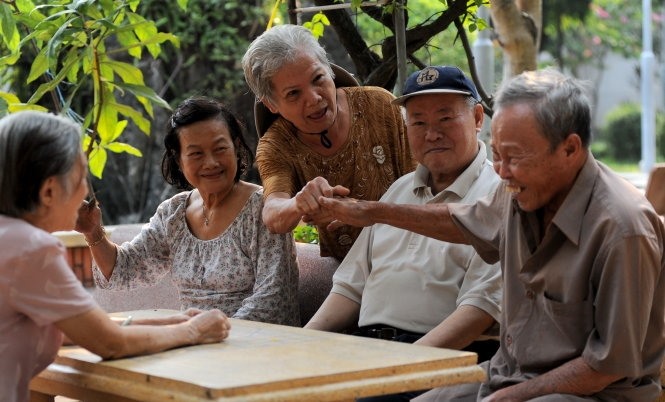Vietnamese are living longer but health among the elderly is getting worse
Life expectancy in Vietnam tops 74 years, but chronic diseases are up among the over 60s, particularly men. Public health authorities are grappling with high costs, inadequate services, and a rapid demographic transition. By 2050, one in four Vietnamese will be elderly.
Hanoi (AsiaNews) – The Vietnamese population is living longer, but aging brings with it an increase in chronic diseases among the elderly, especially men.
According to official data, life expectancy in the country is now 74.88 years, with a significant difference between men (70.23 years) and women (79.49 years). However, people on average enjoy good health for only 65.4 of these years.
What worries health authorities above all is the critical growth of non-communicable diseases like diabetes, hypertension, cardiovascular disease, osteoarthritis, and cancer. Added to these are cognitive disorders, memory loss and depression, often present in a combined form: as many as 77 per cent of seniors suffer from two or more chronic diseases.
The numbers are alarming, but behind this emerging health crisis there are also structural factors: a still fragile prevention system, poor support services for the elderly, unhealthy lifestyles, and a culture of health for the elderly that has long remained in the background, obscured by the priorities of economic development.
The transition from a situation dominated by infectious diseases to one marked by chronic diseases requires Vietnamese healthcare to change course in policies for the elderly.
Such a challenge is made more complex by high costs: for a person over 60, medical expenses are seven to eight times higher than those of minors. This burden weighs on families, especially in rural areas, where it can push entire households into poverty.
According to the Pasteur Institute in Ho Chi Minh City, chronic diseases account for 80 per cent of deaths in the country. Hypertension alone affects about three million people, at least 1.4 million of whom need constant care. Diabetes is also on the rise with more than half of the 1.2 million cases surveyed in need of permanent treatment.
Public health authorities are therefore faced with an urgent challenge, namely how to boost monitoring and prevention, and ensure adequate resources to cope with the demographic transition.
This priority can no longer be postponed in a country where the population over 60 has grown by 50 per cent in the last decade, reaching 14.2 million out of 101 million.
According to projections, by 2050, the elderly will account for a quarter of the Vietnamese population.
16/09/2025 16:09







.png)










